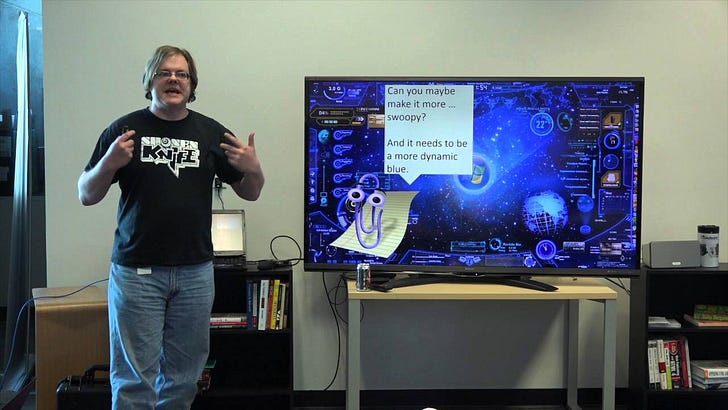Have you ever given a talk and had all the discussion center on some trivial detail that you just threw in at the last minute? Meantime, they ignore the really important stuff you wanted to focus on? That’s a phenomenon called “bikeshedding.” In this article, we’re going to look at a recent example, and then get cynical and see how you can exploit it.
Wh…
© 2025 Albert Cory
Substack is the home for great culture




